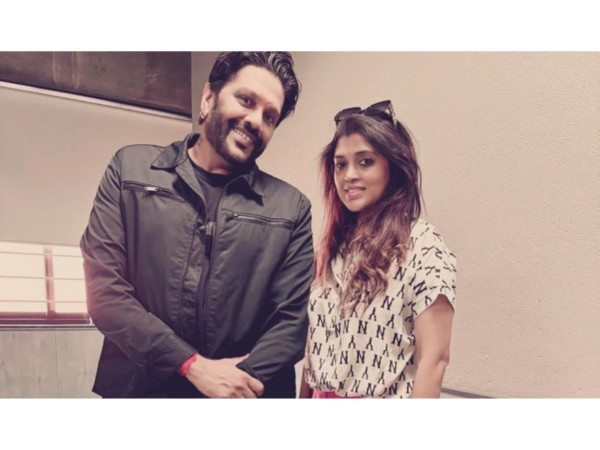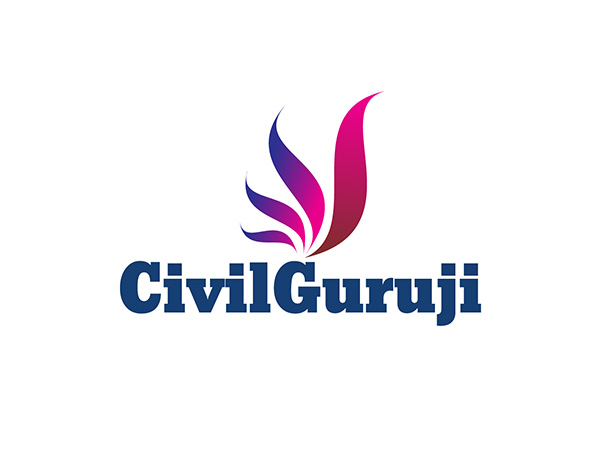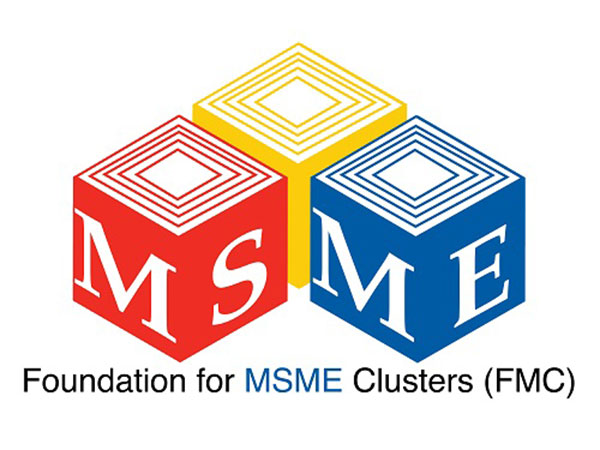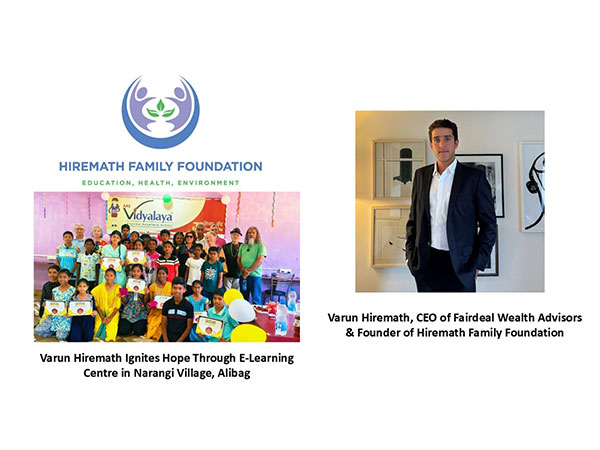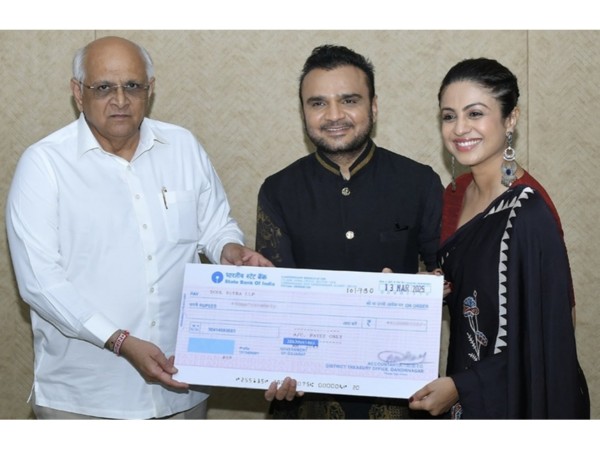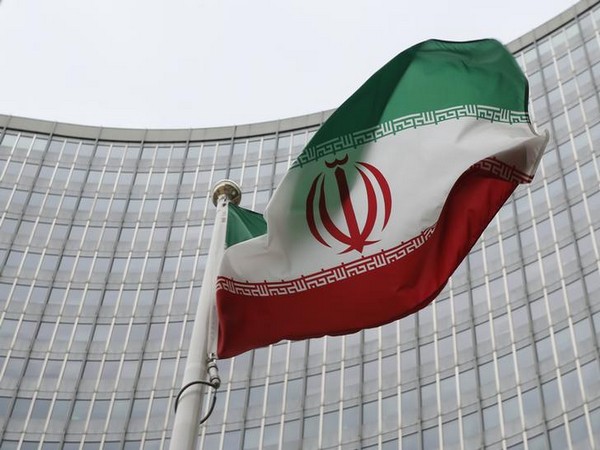
Iran's new gov't elaborates on approach towards nuclear talks
Sep 07, 2021
Tehran (Iran), September 7: Since the formation of a new administration, Tehran has expressed willingness to continue nuclear negotiations, but stressed the outcomes must secure its interests.
The resumption of the talks will help the country address challenges, but Tehran should not surrender to pressure from Washington, experts say.
TALKS ON AGENDA
Six rounds of talks between Iran and five other signatories to the 2015 nuclear deal, known as the Joint Comprehensive Plan of Action (JCPOA), with the indirect participation of the United States, have been held in Vienna since April this year.
Although officials of Iran and other stakeholders had stated the talks were in the final stage, negotiations were halted in June until the new Iranian government took the helm.
"The issue of nuclear talks is on the agenda, but negotiations must be fruitful," Iran's President Ebrahim Raisi said in a televised interview on Saturday night.
During a meeting with foreign ambassadors to Tehran on Monday, Iran's Foreign Minister Hossein Amir Abdollahian further explained Iran's position on the nuclear talks.
"The Iranian government considers negotiation as an effective tool of diplomacy, and we will not distance ourselves from negotiations in any way," he said. "We believe in negotiations and positively view them as an opportunity for diplomacy, but we believe that negotiations for negotiations' sake will not benefit the Iranian nation and other sides."
Iran's Foreign Ministry spokesman Saeed Khatibzadeh reportedly said on Monday that the Vienna negotiations will continue in essence. "The messages sent by the (Iranian) president and foreign minister on the continuation of the talks are unequivocal," he was quoted by the Iranian network Press TV as saying.
The resumption and continuation of nuclear talks in Vienna will create opportunities for the Iranian government to deal with some of the country's challenges, including the economic constraints imposed by the U.S. sanctions, Ebrahim Mottaqi, an Iranian political expert and professor at the University of Tehran, wrote in the Iranian daily Donya-e-Eqtesad on Saturday.
PRESSURE NOT ACCEPTABLE
Speaking on Saturday night, Raisi emphasized "negotiation is an option as a diplomacy tool, but negotiation under pressure and threats is not acceptable at all."
At a meeting with Raisi and his cabinet late last month, Iran's Supreme Leader Ayatollah Ali Khamenei said that behind the scenes of U.S. foreign policy there lies a predatory wolf that sometimes changes into a cunning fox.
"In the nuclear issue, the United States acted extremely shamelessly," Khamenei said. "They withdrew from the JCPOA but talked as if Iran had withdrawn from it."
Reacting to U.S. Special Envoy for Iran Robert Malley's remarks that Washington "can't wait forever" for Tehran to decide whether it wants to restart the JCPOA talks, Khatibzadeh told reporters on Monday that Washington is the one that withdrew from the deal, violated the resolution, and threatened those seeking to implement the agreement with punishment.
The window of opportunity will remain open for Washington for only a limited period of time, said the spokesman.
Also, Khamenei recently advised the government of Raisi that it should do economic and strategic plannings regardless of pressure from U.S. sanctions.
"Such an approach means that Iran is reluctant to grant extra-legal concessions to the United States," Mottaqi pointed out.
TANGIBLE RESULTS EXPECTED
Raisi said on Sunday that Iran is ready for "useful" talks aiming at ending sanctions against Iran in a telephone talk with his French counterpart Emmanuel Macron.
"We do not oppose useful negotiations, but the plan and result of negotiations must be the lifting of sanctions against Iran," he said in his second conversation with Macron within a month, as quoted by the Iranian presidency's official website.
Similarly, while emphasizing that Iran welcomes any negotiation that guarantees the rights and interests of the Iranian people, Amir Abdollahian said on Monday that "we believe in wise and firm talks which would ensure the rights of the nation, and we work actively in this regard."
Iran does not view inconclusive and time-consuming talks as useful for Iranians, the Iranian foreign minister noted.
The public's assessment of a "strong government," particularly in dealing with the economic problems, can be measured by the results of diplomatic actions, Mottaqi said.
Tariq Rauf, former head of verification and security policy cooperation at the International Atomic Energy Agency (IAEA), told Iran's Jam-e-Jam daily in an interview that "in the process of returning to the JCPOA, the United States must give strong guarantees to Iran ... to make sure that foreign companies do not fear sanctions and restrictions on their dealings with the country."
"So Iran is looking for the real lifting of sanctions, not their apparent lifting," Rauf was quoted as saying in the Monday release of the daily.
Source: Xinhua
